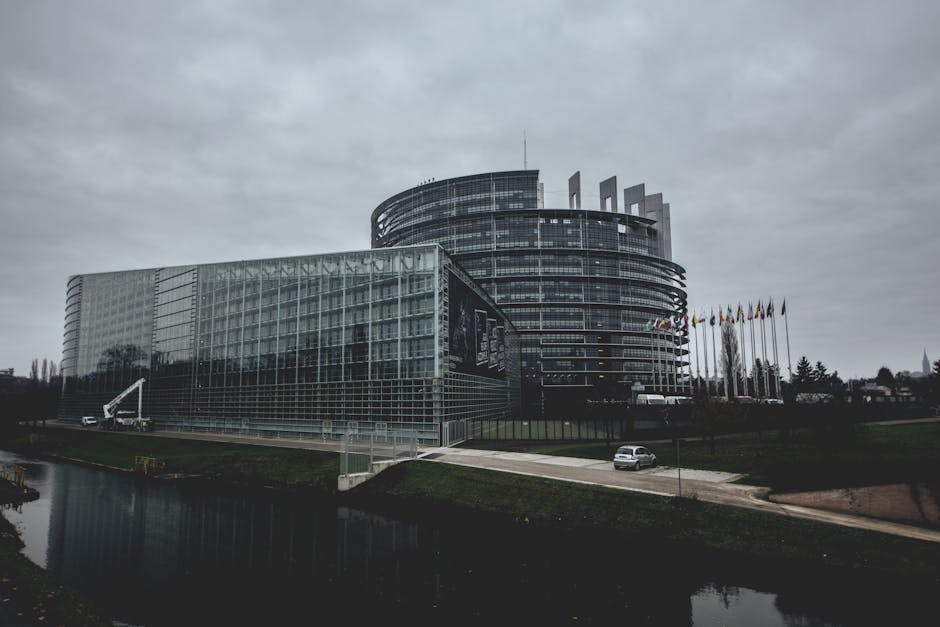Politics & Government
-

How can governments address income inequality?
Income inequality, the uneven distribution of wealth and income within a society, poses a significant challenge to governments worldwide. Its consequences are far-reaching, impacting social cohesion, economic stability, and overall…
-

To what extent does the media shape politics?
Political discourse and the very fabric of governance are deeply intertwined with the media. This relationship, however, is far from straightforward. It’s a complex interplay of influence, shaping public opinion,…
-

Which governmental systems are most stable?
Constitutional monarchies, particularly those with parliamentary systems, frequently exhibit remarkable stability. The UK, Canada, and Australia serve as prime examples. These systems often blend tradition with adaptability, leveraging the symbolic…
-

Why are political ideologies so diverse?
One primary driver of ideological divergence is the inherent tension between individual liberty and collective good. Libertarian ideologies, for instance, prioritize individual autonomy and minimal state intervention, emphasizing personal responsibility…
-

Why do people choose to participate in protests?
A primary motivator is a perceived injustice. This might manifest as a specific grievance, such as a discriminatory law or policy, or a broader sense of systemic inequality. Economic hardship,…
-

What role does the media play in shaping politics?
Politics and government function within a complex ecosystem, where information flows and public perception are critically shaped by various actors. Among these, the media’s role stands out as profoundly influential,…
-

To what extent should the government regulate business?
Arguments for robust government regulation often center on the concept of market failure. Purely free markets, some argue, are prone to inefficiencies and inequities. Monopolies, oligopolies, and information asymmetry can…
-

How can political corruption be effectively combated?
Legal frameworks constitute the foundational pillar in this fight. Strong anti-corruption legislation, encompassing clear definitions of offenses, robust investigative powers, and stringent penalties for perpetrators, is paramount. Laws must not…
-

Which governmental systems promote economic growth?
A crucial element is the rule of law. Countries with robust, impartial legal systems, enforcing contracts consistently and protecting property rights effectively, tend to attract investment and encourage entrepreneurship. This…
-

What are the limitations of representative democracy?
A fundamental constraint lies in the very nature of representation. Elected officials, by definition, act on behalf of a constituency, inevitably leading to a disconnect between the desires of the…